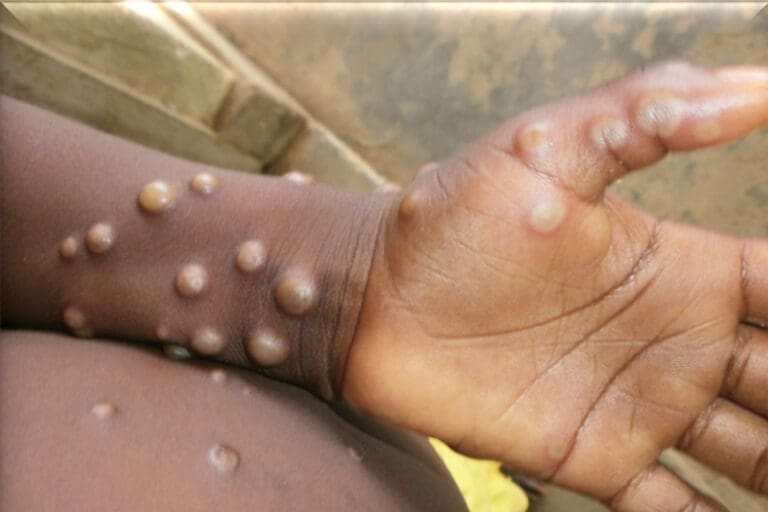ABAKALIKI—An accident claimed the life of a female prospective corps member who was going to the National Youth Service Corps (NYSC) orientation camp at Afikpo North Local Government Area of Ebonyi State. The deceased was among a group of 12 prospective corps members in a 14-seater bus involved in the accident. The female corps member, …









